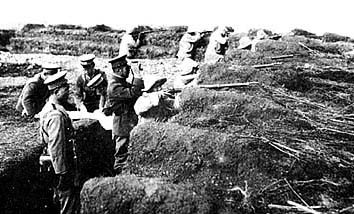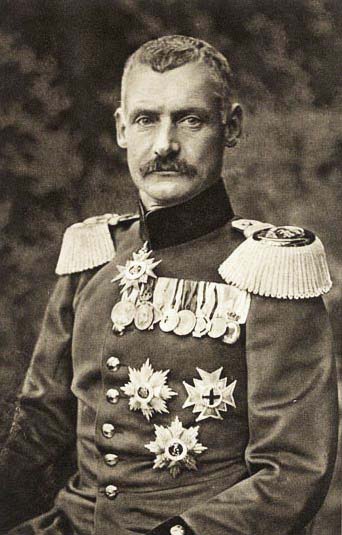Germany:
Electorate surprise -- the Liberty Law*
plebiscite passes the 10% mark needed to force it to the Reichstag. Newspapers have been assuring readers for the
last three days that the proposal wouldn’t pass. But after the final votes are counted, the
measure has squeaked by, reportedly by the razor-thin margin of 10.08%.
The Reichstag is of course
expected to reject the measure, which would call for Germany to abandon its debt reparation payments from the World War altogether. But
even if it does, German law still requires the measure be submitted to a public
vote after that. All of which means
weeks’ more publicity for the nationalists, cranked out by the press controlled
by Alfred Hugenberg, whose political coalition proposed the Liberty Law. “The first battle is won,” says the
nationalist newspaper Kreuzzeltung.
The government is
reportedly frustrated over the whole affair, including having to foot the bill
for a nationwide referendum, probably early next year. The government announces that it will heavily
penalize any of its own officials who were found to have signed the Liberty Law
petition. The nationalists, meanwhile,
claim the national government is trying to stifle freedom of expression over the
measure.
Reports from the
countryside, especially places like Pomerania and East Prussia, hold that
“junkers” – the old Prussian aristocracy, many of whom own vast estates with
lots of workers – bullied their farm tenants into voting for the Liberty
Law. Sure enough, favorable votes in
those places ran as high as 33% (Pomerania) and 25% (East Prussia).
“Enemies abroad will be
made aware that in Germany strong forces are alive which refuse to bend their
backs under the yoke,” says Kreuzzeltung.
Manchuria:
Civilians fleeing the Russian military actions
at Fukdin report some 2,000 Soviet troops are involved, backed by warplanes. They say Fukdin has been captured by the
soviets, but that civilians are not being harmed.
Rome:
Italy and France begin a round of preliminary discussions in advance of the London Naval Conference due to start early next year. As the two perceived “great powers” on the Mediterranean, the nations’ naval rivalry is as intense as their political rivalry on the continent. News reports state that Italian naval officers are already claiming that Italy’s navy must increase three-fold to give it parity with France and adequately protects its lengthy coastline. France, on the other hand, is expected to counter that her far-flung empire demands a navy larger than any other country on the continent.
Elsewhere:
Russia: The soviet government sentences more of its
citizens to die. This time 14 people get
the sentence, most of them kulaks, but two priests and one a church
warden. The priests were sentenced for
inciting others to set fire to a cooperative farm near Pekoff, Russia.
China: In the civil war, Shanghai has reportedly been
put under martial law, and fighting has reportedly spread into Manchuria, where
the Soviet offensive against Fukdin continues as well. Heaving fighting continues in the Honan
province as well.
*See definitions page.







